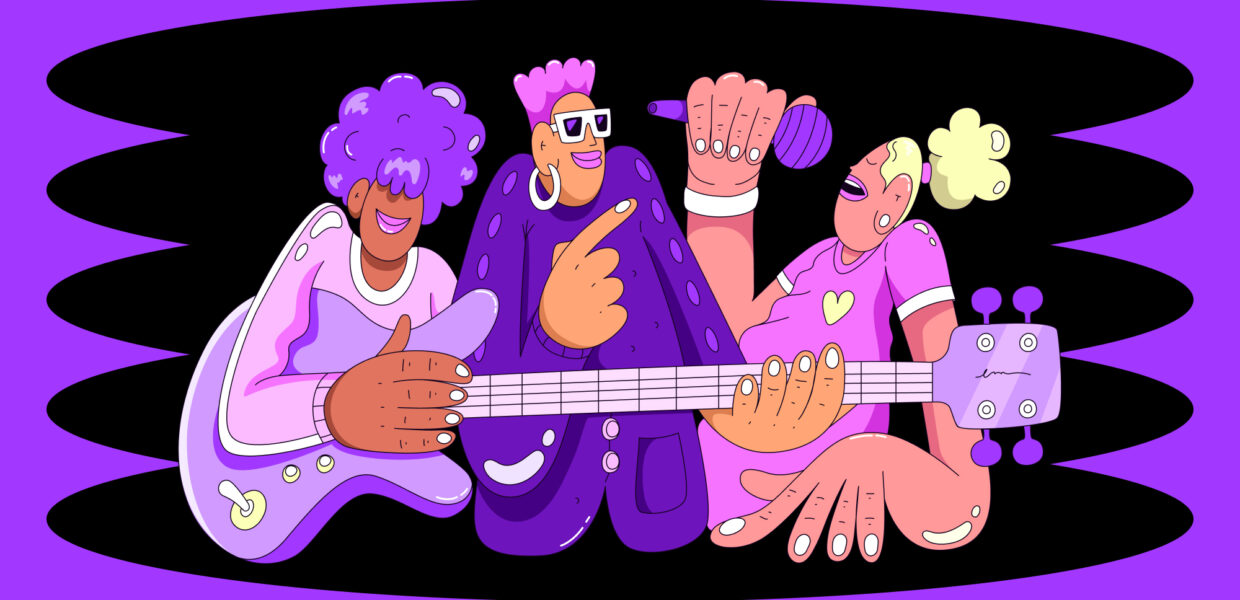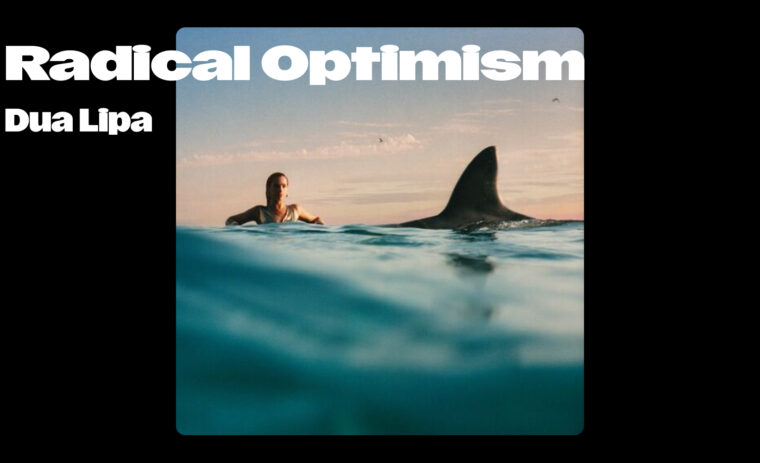Did your parents play you their music when you were growing up? Do you think they had an influence on your current music choices? Do you want to make sure YOUR kids have a good taste in music?
We quizzed 10,000 parents across the world to find out! Whether your dad is a rock fan or your mum’s into jazz, we wanted to know if it’s possible for parents to successfully shape their children’s future music taste.
The results are in…and if you’re keen to mold your kids’ tastes you must expose them to a variety of tunes and genres before they’re 10 years old. But dads be warned, you’re statistically less likely to get your kids to love your tunes. Our poll found mums have a better success rate (41%) compared to just 25% of dads!
We also wanted to go deeper into the potential benefits for children from early music exposure. So we asked Dr. Hauke Egermann from the Department of Music at the University of York to review recent global academic writing on the subject.
He told us: “Children have an ‘openness’ to new music, and this means parents have an important role to play in developing the music tastes of their kids. By playing children a variety of genres before this critical period, research suggests they will enjoy lots of different types of music as adults.”
Music Preferences and Music Functions
In one of Dr. Eagermann’s studies, he cited four different factors that may affect our music preference. Let’s dissect each one of them:
1. The Personality of the Listener
Your personality greatly affects your taste in music. For instance, people who prefer dance music are often outgoing, assertive, and adventurous. Meanwhile, those who enjoy classical music tend to be introverted yet at ease with their surroundings.
2. Emotional Impact and Regulation
Music can trigger specific emotional responses in a person. A simple change in tempo, timbre, and volume can elicit a different feeling. It’s also for this reason that music is perfect for the regulation of emotions. For instance, someone who’s feeling down may listen to positive music to improve their mood. At the same time, a person having a rough time may prefer negative music as a way to process their feelings.
3. Social Identity
If you want to get to know a person on a deeper level, ask them what their favorite song is. A study suggests that people use music as a tool for “social identity formation” as it says a lot about their self-concept and identity. For instance, classical music enthusiasts are perceived to have higher economic status and be more traditional. Listeners of chart pop, on the other hand, are viewed as being unconventional.
We can assume that people are drawn to music that possesses characteristics that they can relate to and align with the social identities of their peers.
4. Familiarity and Repetition
Research shows that people are simply more drawn to music they’ve been exposed to. This is because familiarity brings a sense of comfort and security to the listener. A similar study also suggests that repetitive listening to tracks can lead to increased appreciation amongst listeners.
Dr Egermann’s report goes into much more depth, of course, and you can find it here.
And if you want to make sure your kids are exposed to some of the best music there is but don’t know where to start, try our Childhood Tunes playlist, a mix of genres and tracks specially designed by our team of professional Music Editors!






